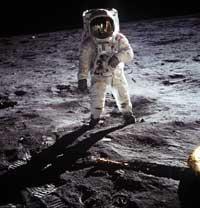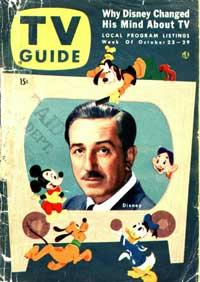Is it true?

This is what Sir Isaac Newton himself told his friend William Stokeley. For this question, only one answer was possible: The apples perpendicular to the Earth always fall by the attraction of the Earth, for what must have the capacity to attract matters and be situated in the center of the matter, where the apples are directed when they fall.
We have heard this story many times or something similar. Newton was able to formulate the law of gravitation thanks to an apple. But was it really? Newton may want to explain the event simply. The question is that what seems like a mere anecdote has come to this day.
Galileo Galilei was a pioneer in Newton in many fields. And it is that, besides investigating gravitation, around it there are quite a few stories. Among them, the XVI. This scientist of the twentieth century investigated whether the mass of objects influenced the speed of fall. At that time, heavy objects were thought to fall faster than light ones, that is, the rate of falling increased with mass. With the intention of demonstrating this hypothesis, he climbs to the tower of Pisa and drops several spheres of different weight but of equal size. Surprised, he discovered that both fell to the ground during the same time.

Similar stories and anecdotes come daily to people's ears. Ancient stories like that of Newton and that of Galileo are difficult to know if they really happened. But there are strange things that come closer to today's society. When you hear an example, even though the story is not very credible, people like to tell anyone else just have the opportunity, as they know they will surprise the listener.
For example, a curious story arose around astronaut Neil Armstrong. As soon as he had feet on the moon he said: "A small step for man, a step for humanity." This phrase is recorded, not only in the tapes, but also in the memory of a whole generation. But before entering the ship said something that aroused the curiosity of the people: "Luck, Mr. Gorski".
Was it any Russian cosmonaut? No one knew a cosmonaut called Gorski. Since then, when Armstrondo Mr. Gorski asked him, with a smile, he would avoid the subject. But one day, Armstrong, in an interview in Tampa Bay, explained who was that ditxoso Gorski to put an end to this question. It seems that when he was a child, playing, he entered the garden of his neighbors, and at the height of his neighbors' room he discovered: "Do you want oral sex? When the son of those close to the Moon rises, then you will have universal sex! ". That neighbor was Mr.Gorski.

When he discovered that this story was on Bólvora, Armstrong will deny it. And the truth is that this phrase does not appear in the recordings of Apollo 11. In addition, Armstrong never interviewed Tampa Bay.
Another: Who has not heard say that Walt Disney is crionized? The man is still frozen, in a kind of capsule built by NASA, waiting for the cure of his illness. This story has several versions, since what counts adds new details to make the story more interesting.
There is another belief that brings chemistry to everyday life. If you ever sit in the pool a heather, better twice before you start emptying your bladder. Remember that in the pools stack a chemical that highlights the urine with a vivid color. However, one who has dared to combat danger and urinate knows that it is not. However, there will always be someone who confirms that this is true. To do this, he will use his cousin, or some acquaintance of his cousin, as the protagonist of the event, and speak of how shameful he was.

Therefore, when a friend tells us such an extravagant story, we have two options: to believe blindly and count with emotion the next one we find, or to question and show a good mood so as not to frustrate his friend.
Published in 7K.
Buletina
Bidali zure helbide elektronikoa eta jaso asteroko buletina zure sarrera-ontzian











